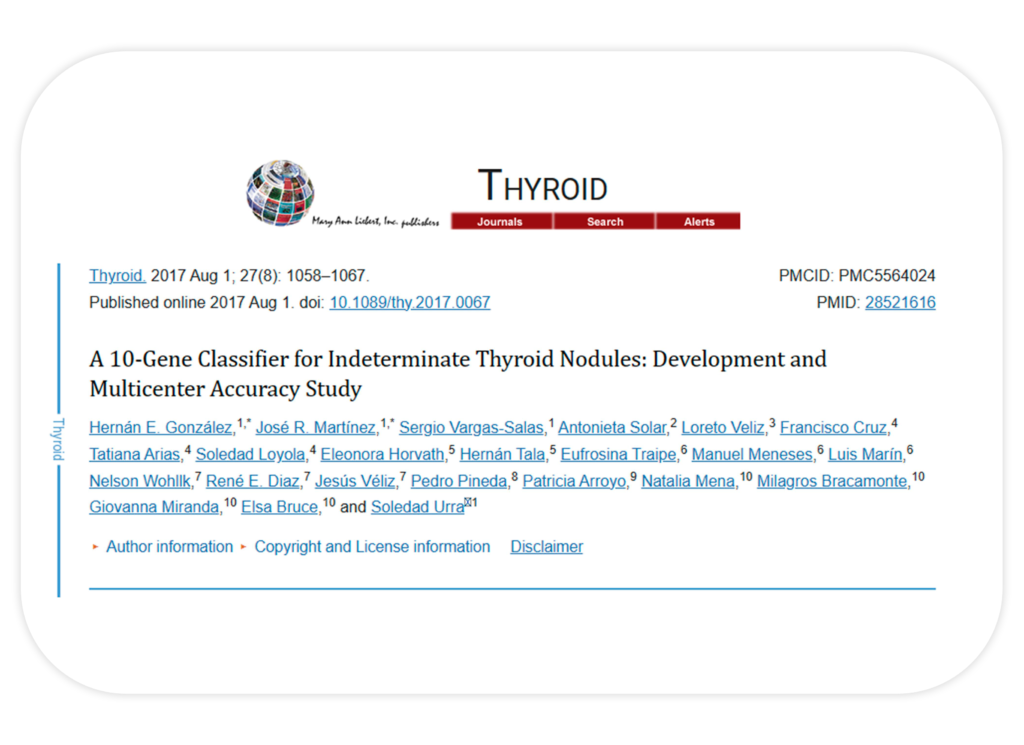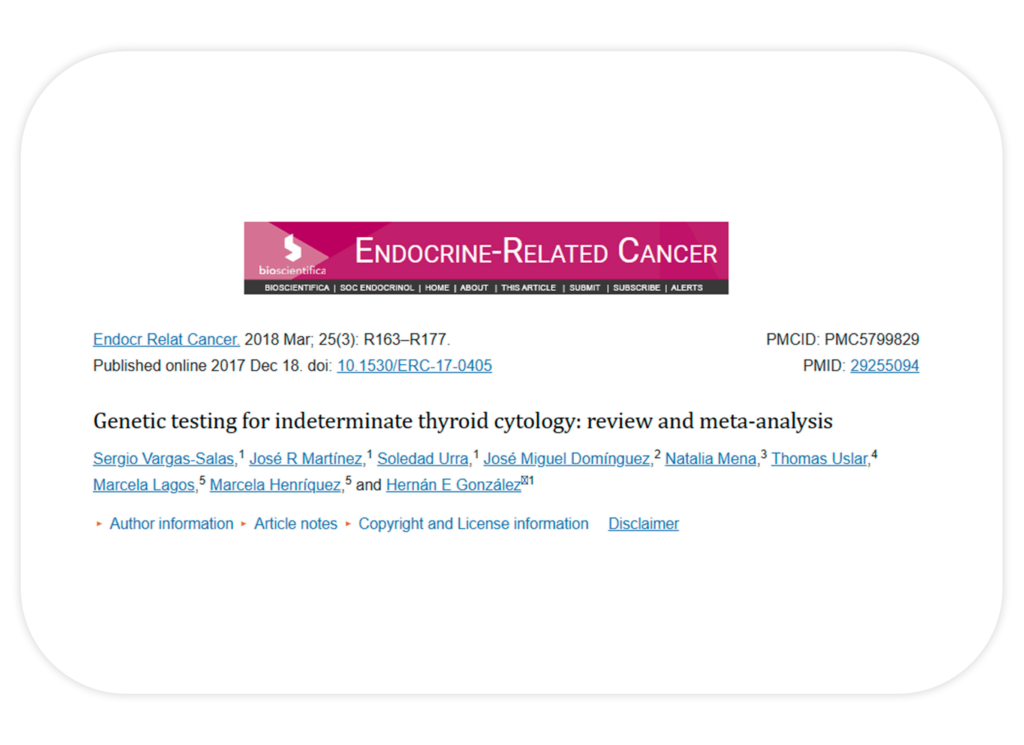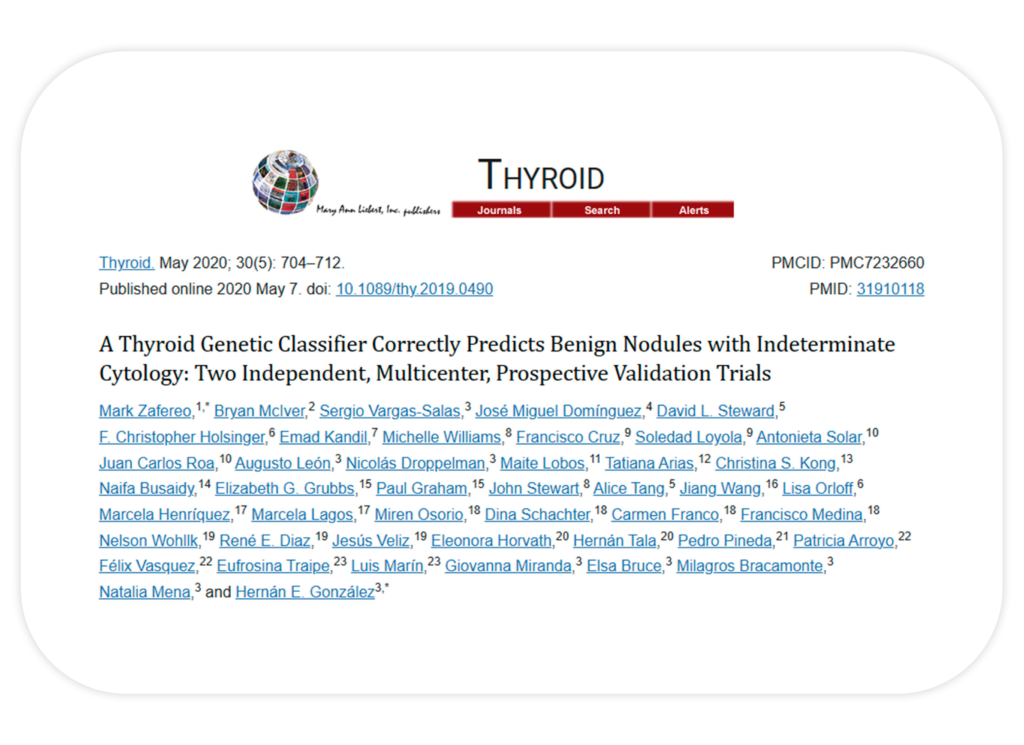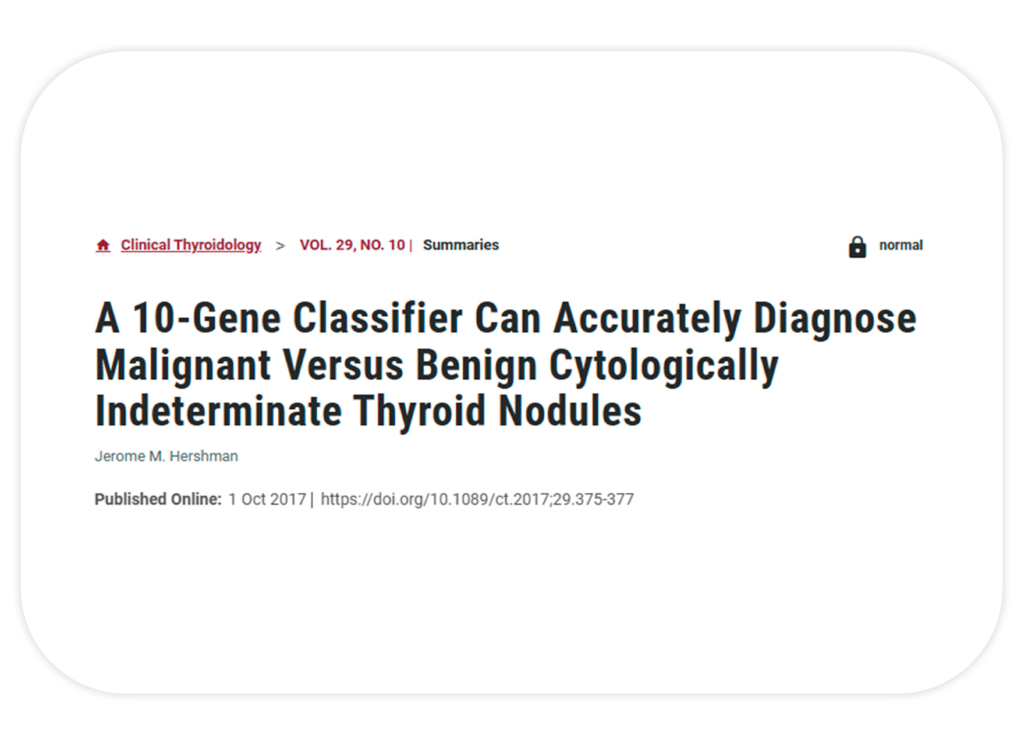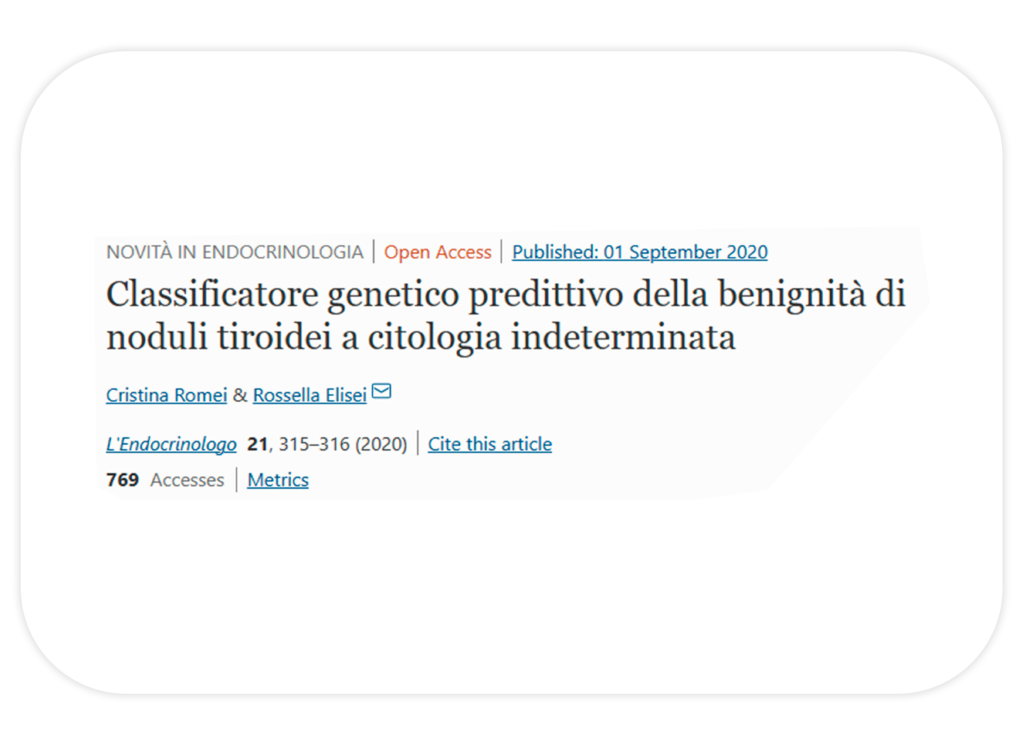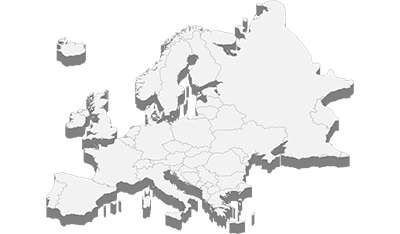Resolve
your uncertainty
Molecular tests for indeterminate thyroid nodules are the most advanced and accurate diagnostic tool to avoid unnecessary surgeries.
Learn about ThyroidPrint
We introduce you to the key features of the ThyroidPrint test.
[elementor-template id=”6953″]
[elementor-template id=”6960″]
[elementor-template id=”6966″]
Avoid unnecessary surgeries
Why can ThyroidPrint help you?
Before opting for diagnostic surgery, it is important to explore all diagnostic options that will provide comprehensive information so you can making a decision on the best available information. Currently, microscopic evaluation of a fine needle aspiration (FNA) of the thyroid will provide definitive diagnosis in 80% of cases. However, in the remaining 20% an indeterminate result will be reported. For this reason, current clinical guidelines suggest the use of molecular tests such as ThyroidPrint to further improve the certainty of the diagnosis.

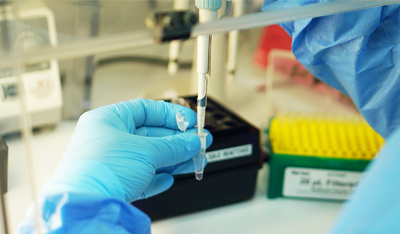

Scientific Evidence
What do
our patients say?
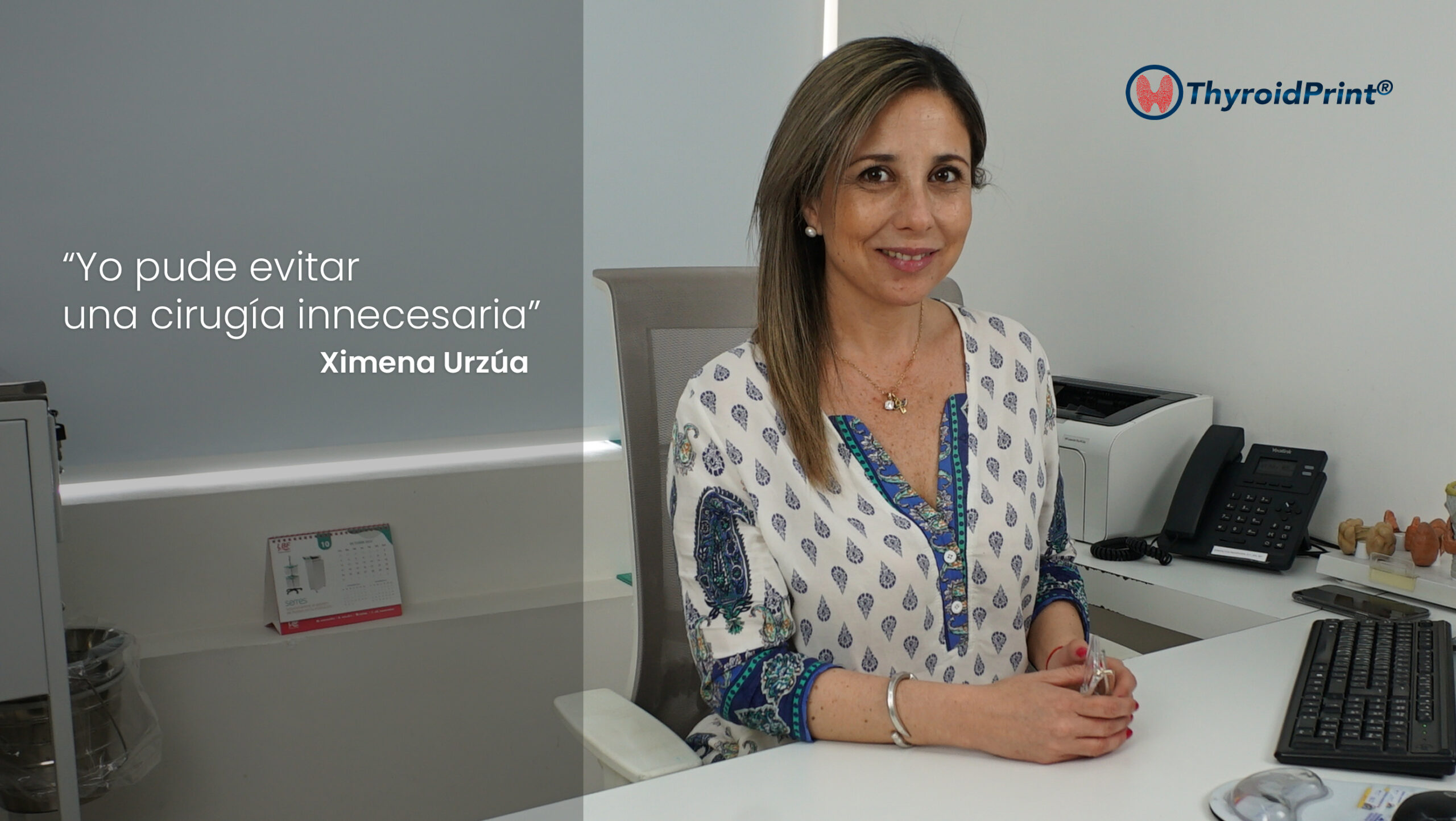
Testimonial Ximena Urzua
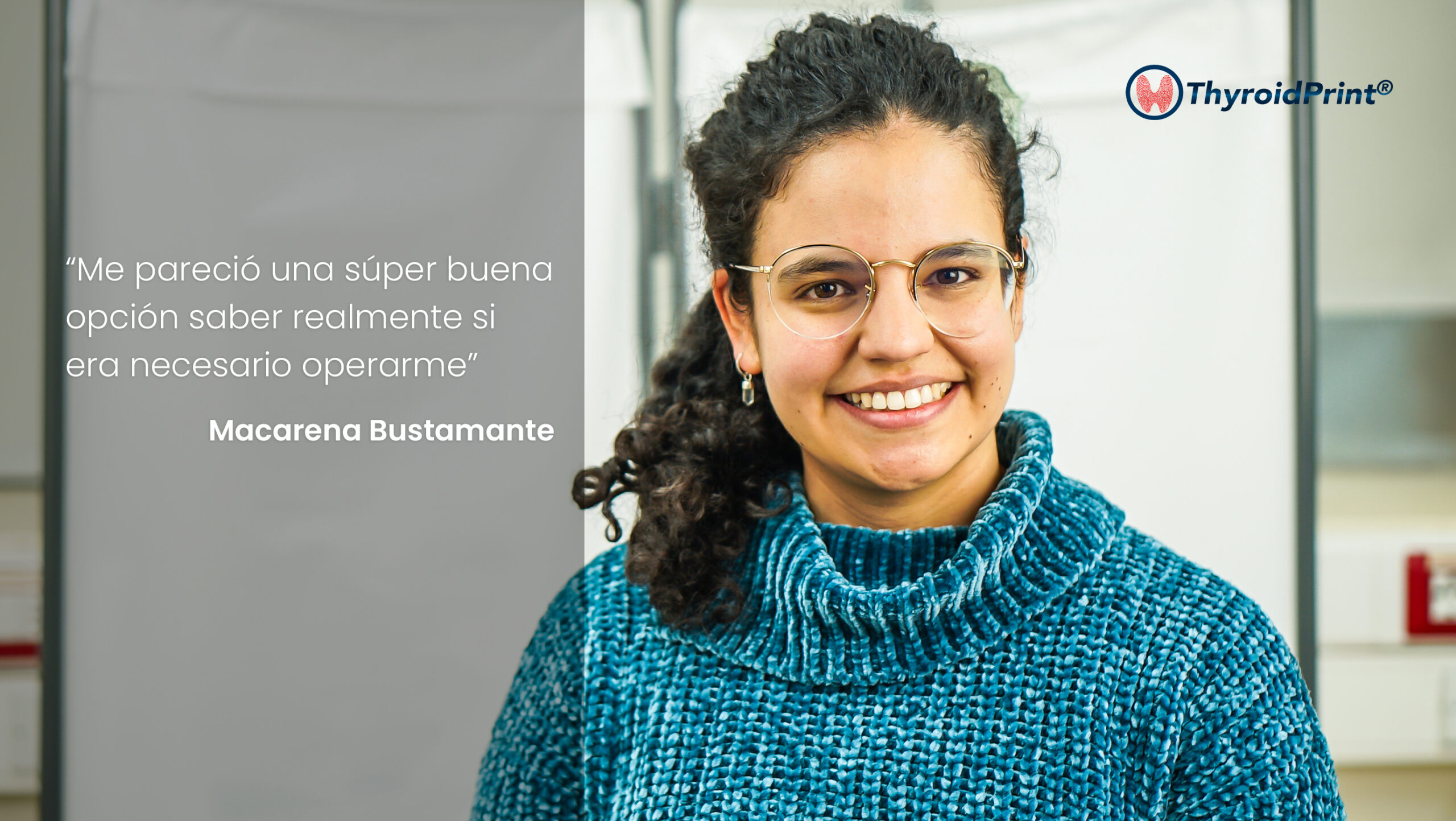
Testimonial Macarena Bustamante
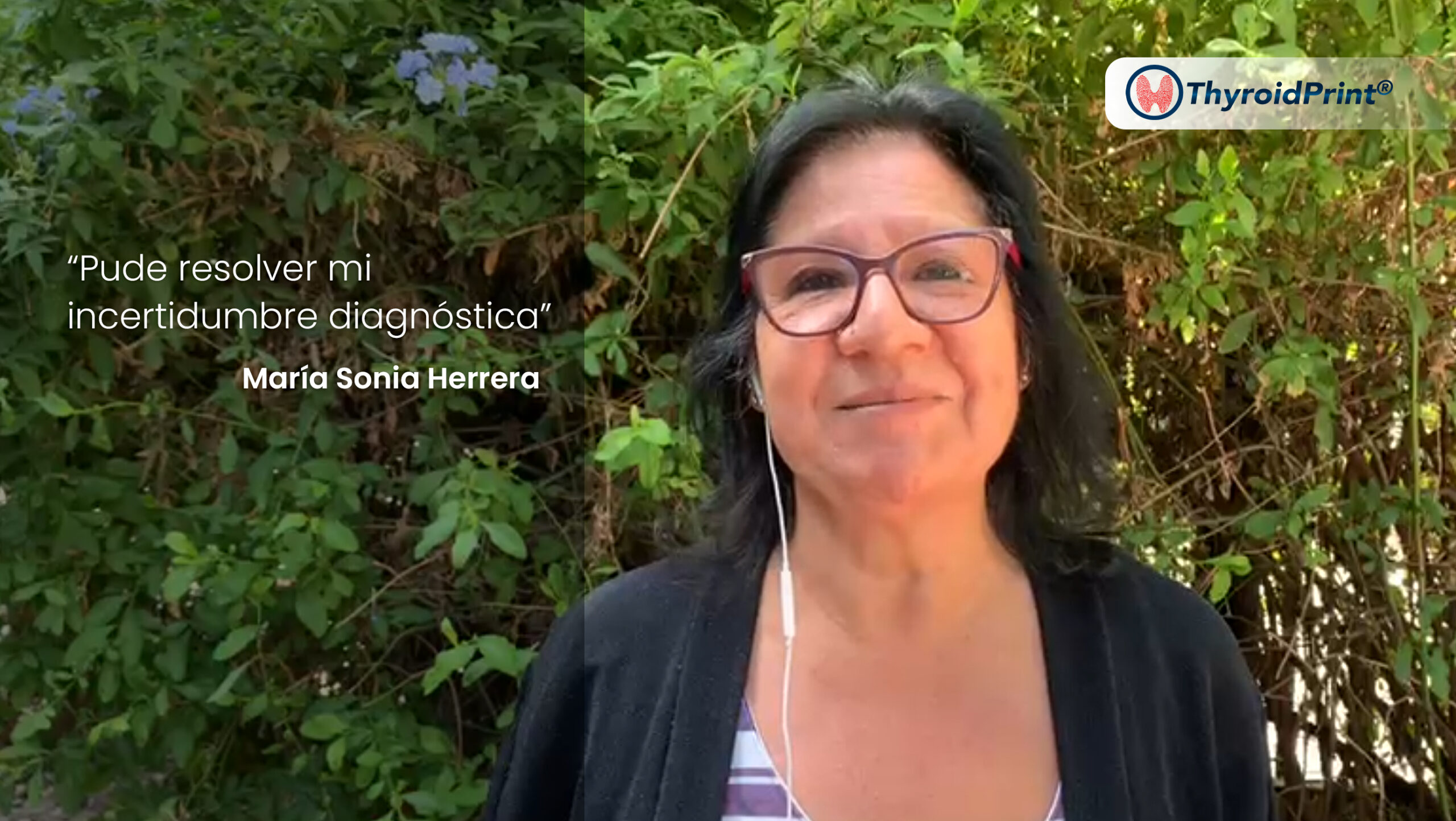
Testimonial María Sonia Herrera
Frequently Asked Questions
We are here to help you. If you can’t find the answer, please contact us, and we will resolve all your doubts.
